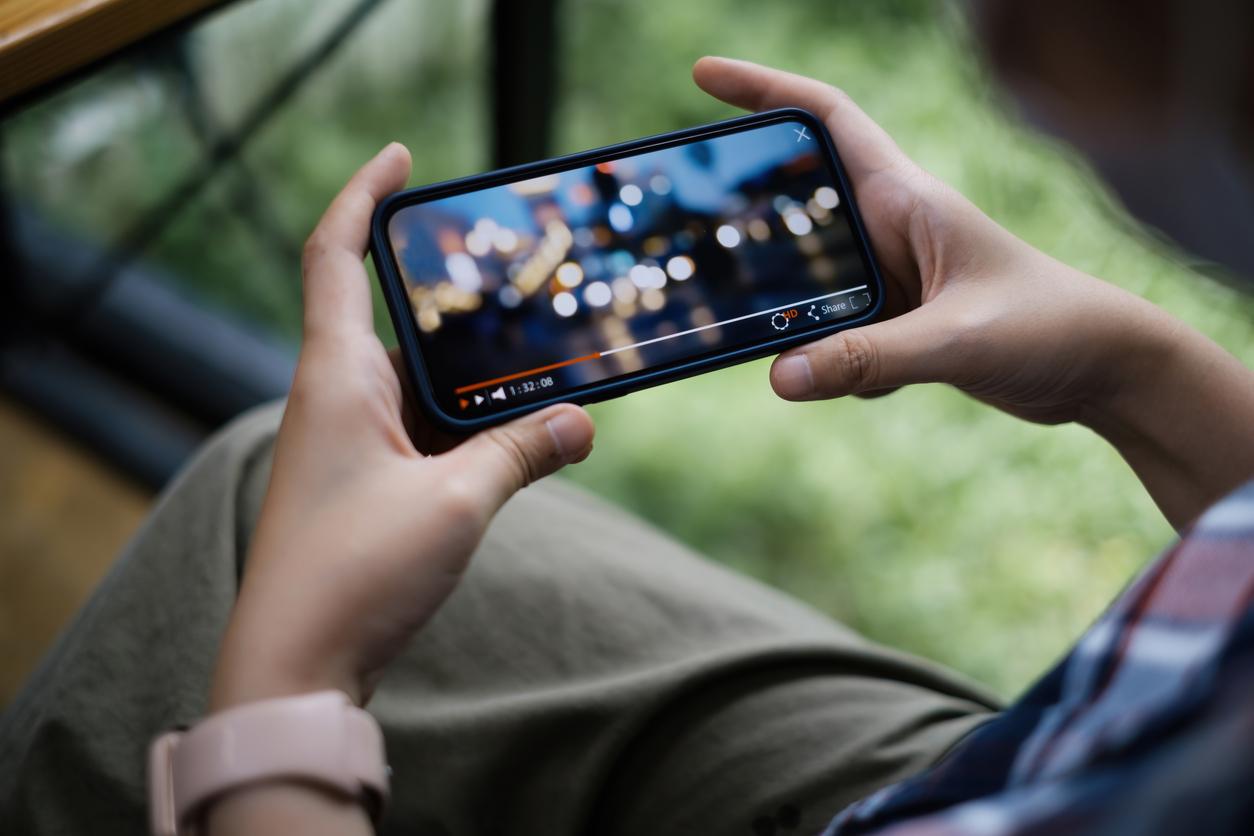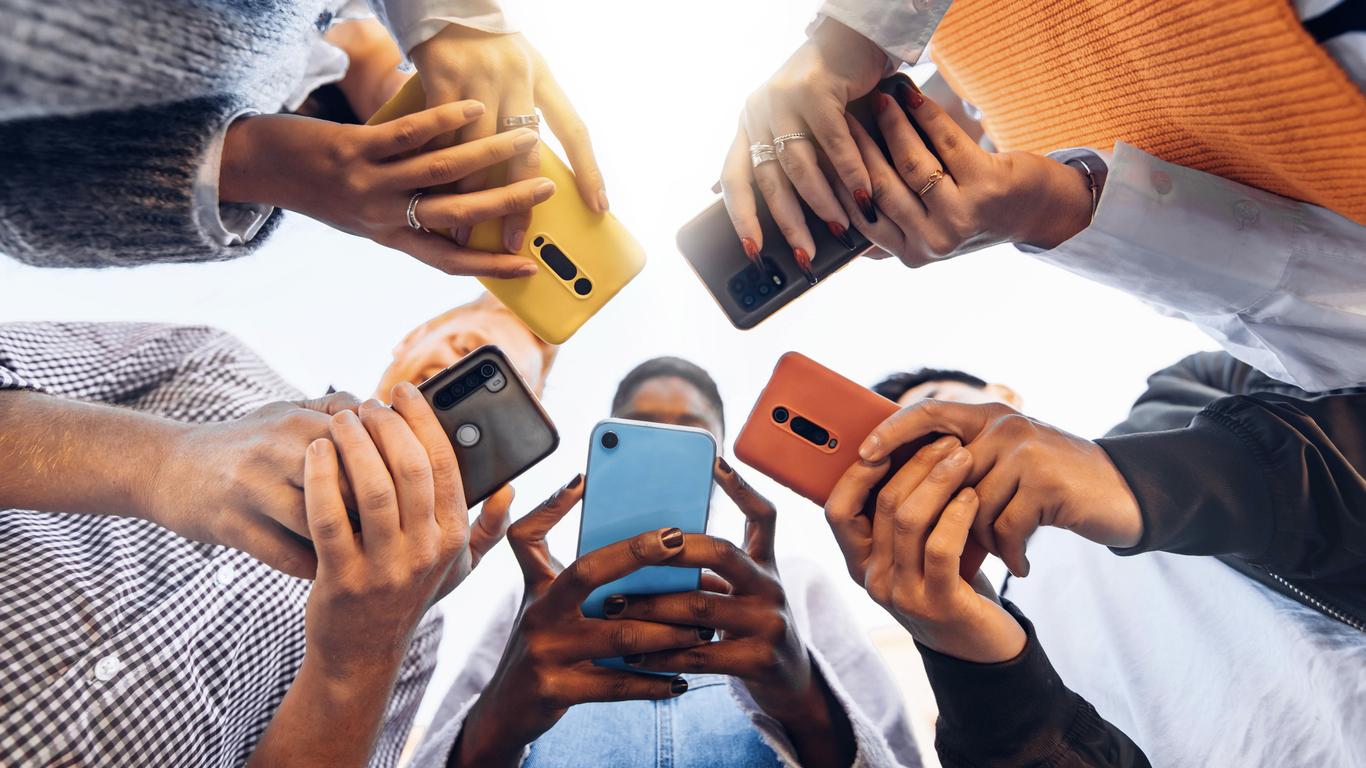Doctors are no exception to social media fad. They are increasingly discussing clinical cases on Twitter or on dedicated platforms (MedPics, esanum, MeltingDoc).

At the same time last year, the Observatory of digital health uses revealed that smartphones were increasingly used by French doctors, including in consultations. And in 2016, these ultra-connected practitioners decided not to stay in the shadows. They are indeed more and more active on community social networks, as generalists.
The most followed of them sometimes deliver messages read by hundreds, even thousands of Internet users. Communication for professional use, but not always, other doctors use the Internet simply to communicate with their colleagues or patients. To find out the reasons for this communication, Why actor investigated these “geek” doctors, in the midst of e-health.
Their presence is particularly visible on the famous social network Twitter. Each year, more and more doctors and health professionals are there to ask for medical advice, or to tell funny anecdotes of consultations. Among them, Dr Jean-Jacques Fraslin. General practitioner in Bouguenais, near Nantes, he now has more than 5,500 subscribers to his account @Fraslin.
Sharing clinical cases
“At first, I was just interested in current events, particularly medical or technological. Twitter allowed me to have information and to pass it on, ”he explains. Then very quickly, the practice of these 2.0 doctors changed: “We started to use the hashtag” #doctoctoc “a lot. Very popular now, “it allows to have opinions of colleagues on clinical cases, for example by putting examination photos or a comment on symptoms of which a patient complains,” he continues.
From there, the Twitter machine kicks in. Sometimes with very technical discussions between practitioners. As such, the tool can be very useful for medical interns or young practitioners. Doctors in practice for a long time, but isolated, will also find their account there.
Dr Jean-Jacques Fraslin, general practitioner in Bouguenais (44): ” I subscribe to accounts of doctors who have found interesting studies and publish them… “
Especially since these requests for medical advice are starting to prove their effectiveness. On this subject, each blogger doctor has his own story. This is the case with one of them, and not the least, Dr Jacques Lucas (5,866 followers on Twitter). Vice-president of the National Council of the Order of Physicians (CNOM), he tells this time when his skills as a cardiologist allowed him to support an idle colleague who had just launched a call for help on Twitter. “I am convinced that, sometimes, these tools can have the same virtues as a group practice or a multidisciplinary health center,” he believes.
Dr Jacques Lucas, vice-president of the CNOM: ” As a cardiologist, I have already helped a colleague on Twitter. It turned out to be very effective. “
Anonymity Above Everything
Also general delegate for health information systems, Jacques Lucas warns about certain dangers of social networks. “Even in the world of the web, the doctor must respect the provisions relating to medical ethics. On the one hand, by being respectful of people and their dignity, on the other hand, by strictly respecting the patient’s anonymity. As when he publishes photographs of lesions ”.
A doctor who disagrees with these two main points would therefore be in breach. The penalties he incurs are on the other hand unknown since there is still no ordinal case law on social networks.
Important clarification from the Order, “when a patient recognizes himself despite anonymity, the doctor must remove the message, or the photo”. A rule that also applies to those using pseudonyms that Dr. Lucas would like to see replaced by real names.
Dr Jacques Lucas : ” As long as it is a doctor, using a nickname does not authorize him to have, towards patients, a behavior that would not be assumed in real life… “
Because on social networks, the slippages quickly arrived. And the misunderstandings too. Physicians who use Twitter, but add humor to it, are visibly aware of this. The proof with those who report on their personal account sentences spoken by patients during consultations, with the hashtag ” #PatientSpeak ”. Among the funniest anecdotes raised by Why, we note this one: “Doctor, I have had a pain in my lower abdomen for 5 days.” I think it’s a gas that’s stuck! “
A guard room spirit … but with limits
What to laugh about, it is true, “but with limits”, insists Dr. Jacques Lucas. “The doctor must find this humanistic and subtle border which is necessary if he tries his hand at humor. When it comes to a patient, a professional’s words should never be seen as hurtful irony or derision, ”he says.
An atmosphere of “guard room” that doctors claim, “even if you have to be careful”, continues Dr. Fraslin. “All the more so when you are followed a lot, including by your own patients,” he slips. In this regard, he recalls the recent controversy that arose in the United States, when surgeons posted selfies on social networks showing them in the operating room in front of the bodies of patients.
“We try to be careful and not be too mean, tweets about words from patients, it’s more to make people smile,” he says.
“Self-moderation is our credibility,” insists this general practitioner.
Faced with the risk of slippage, French doctors now seem to be moving towards dedicated platforms, such as esanum, MeltingDoc, or MedPics. The latter, which claims to be the leading French-speaking image-sharing and crowdsourcing network, already has more than 13,000 members. a Instagram for doctors that the latter approve of, because it ensures the confidentiality of the exchanges. It is true that Dr Fraslin praises the role played by the moderators who validate the cases and check that they are well anonymized.
“It’s a social network where the identity of doctors is verified and where there are no patients. The risk of breach of confidentiality is therefore much less important than on Twitter, ”concludes Dr Fraslin. Word of doctor …
The fashion of social networks is not lost on doctors. They are increasingly discussing clinical cases on #Twitter or #MedPics. Testimonials from connected practitioners
Posted by Why doctor on Friday February 26th, 2016
.

















